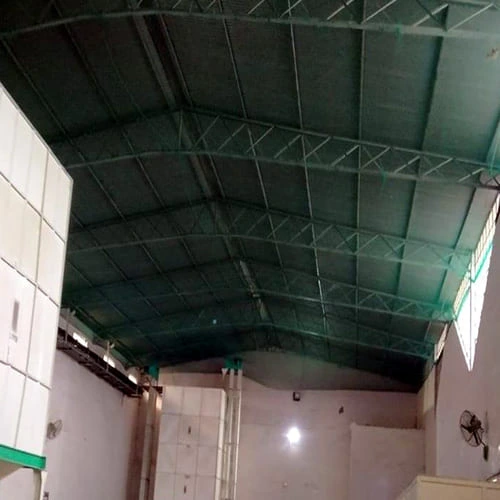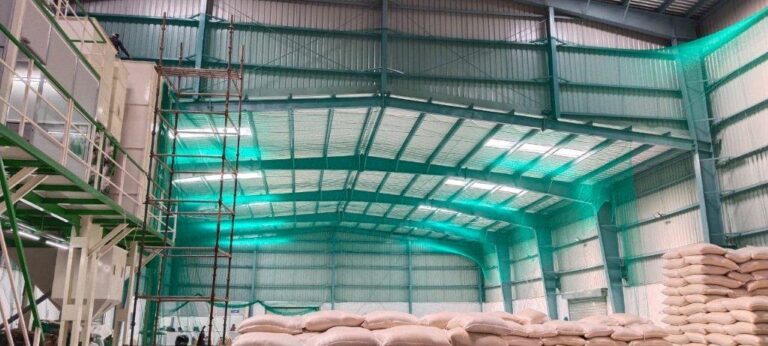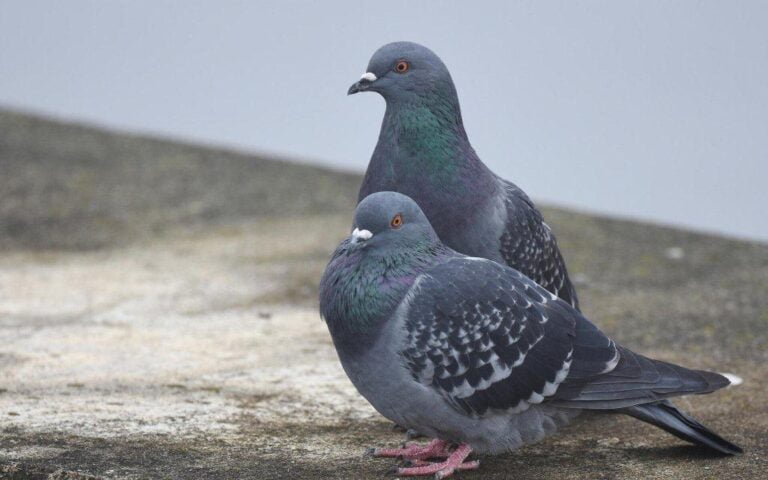Although birds play an important role in our ecology, they may often be problematic, particularly when they ruin structures, impede agricultural products, or pose health risks. In order to address these problems and protect both humans and birds, bird netting has become an essential solution. In this piece, we explore the importance of bird netting and the reasons it’s critical for a number of infrastructure and environmental elements.
Protection of Agricultural Crops
By pecking at fruits, vegetables, and grains, birds may seriously harm harvests and cause farmers to suffer large financial losses. Bird netting offers a physical barrier that keeps birds away from fields, protecting harvests and maintaining farmers’ livelihoods. Additionally, bird netting encourages ecologically friendly agricultural methods and supports sustainable agriculture by lowering the need for chemical deterrents or pesticides.
Preservation of Buildings and Structures
Bird droppings not only deface buildings and structures but also pose health risks due to the presence of bacteria, fungi, and parasites. Bird netting serves as a preventive measure by blocking birds from roosting or nesting on rooftops, ledges, and other architectural features. By keeping birds at bay, bird netting helps maintain the aesthetic appeal of buildings, prolongs their lifespan, and minimizes the need for costly cleaning and repair efforts.
Conservation of Wildlife
Bird netting can aid in the protection of wildlife even if its main purpose is to keep birds out of undesirable locations. Bird netting can be used to shield some bird species’ habitats from disturbance or predation in areas where human activity poses a hazard to the species’ survival. Bird netting supports attempts to conserve biodiversity and fosters harmony between people and nature by establishing safe areas for populations of fragile birds.
Promotion of Public Health and Safety
It is well recognised that birds, especially pigeons and seagulls, are known to harbour infections that can result in illnesses including salmonellosis, cryptococcosis, and histoplasmosis. Bird netting helps lower the risk of disease transmission to people by keeping birds from congregating in cities or near food facilities. Furthermore, bird netting can lessen the risk of bird strikes at airports, where bird-aircraft accidents represent a major risk to aviation safety.
Long-Term Cost Savings
Although purchasing bird netting may involve some initial costs, the advantages over time often exceed these expenses. Bird netting helps companies and communities save money on future repairs, cleanup, and pest control procedures by reducing crop losses, minimising property damage, and averting health problems. Moreover, the long-term environmental sustainability of bird netting is aided by its ecological advantages, which include less pesticide usage and habitat preservation.
Conclusion: Bird netting is a flexible and efficient way to deal with the different problems that birds in urban, rural, and agricultural settings bring. Bird netting is extremely important for a variety of reasons, including public health promotion, animal conservation, and crop and building protection. We can achieve a happy coexistence between humans and birds by employing bird netting tactics that strike a balance between the protection of avian species and human requirements.




